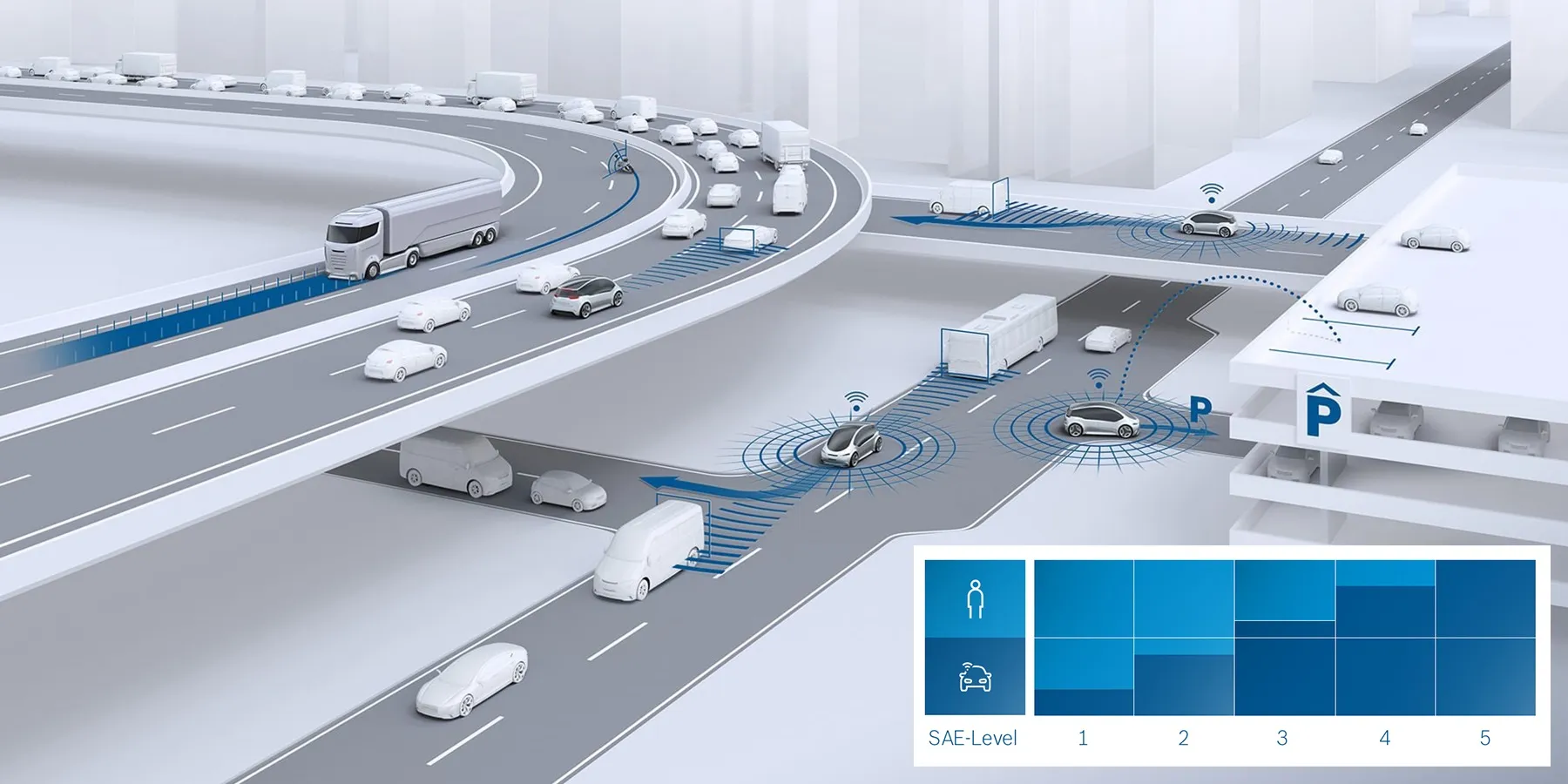Vietnamese information technology company FPT Software has partnered with
The partners say they are seeking to accelerate the adoption of autonomous vehicle (AV) technologies and bring smart public transport to Vietnam.
Hoang Nam Tien, FPT’s chairman, says: “We hope this collaboration would bring us to the day where autonomous cars using our technologies could travel across urban areas, luxury resorts, factories and warehouses.”
FPT will develop autonomous driving software on a Yamaha EV powered by artificial intelligence and Lidar technologies. Yamaha will provide technical support and vehicle consulting during the road test while Ecopark will provide logistics and efficient infrastructures.
Initially, the vehicle will take part in a demonstration along a pre-defined route in Ecopark’s urban test area called ‘Green City’ in Northern Vietnam, offering a passenger service that is able to identify lanes and avoid obstacles. By the end of 2019, the EV will be integrated with FTP’s autonomous technologies and is expected to detect objects and vehicles on road and slow down at the sight of obstacles ahead.
Currently, FPT has achieved SAE Level 3 in driving automation and is aiming to reach Level 4 by the end of 2019 and Level 5 within the next few years
FPT enters agreement to develop self-driving EVs in Vietnam
Vietnamese information technology company FPT Software has partnered with Yamaha Motor and urban developer Ecopark to self-driving electric vehicles (EVs).
The partners say they are seeking to accelerate the adoption of autonomous vehicle (AV) technologies and bring smart public transport to Vietnam.
Hoang Nam Tien, FPT’s chairman, says: “We hope this collaboration would bring us to the day where autonomous cars using our technologies could travel across urban areas, luxury resorts, factories and warehous
April 24, 2019
Read time: 2 mins










